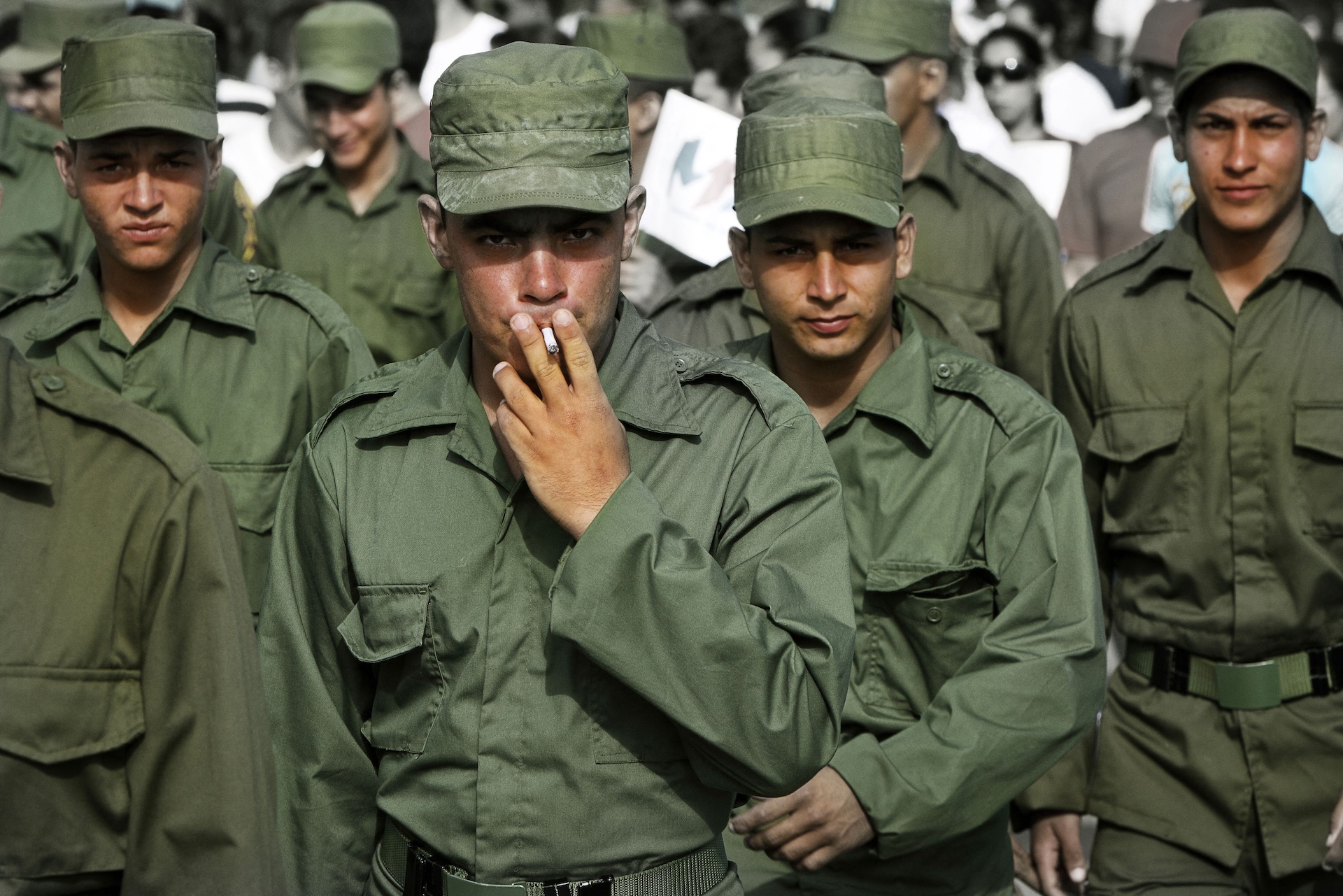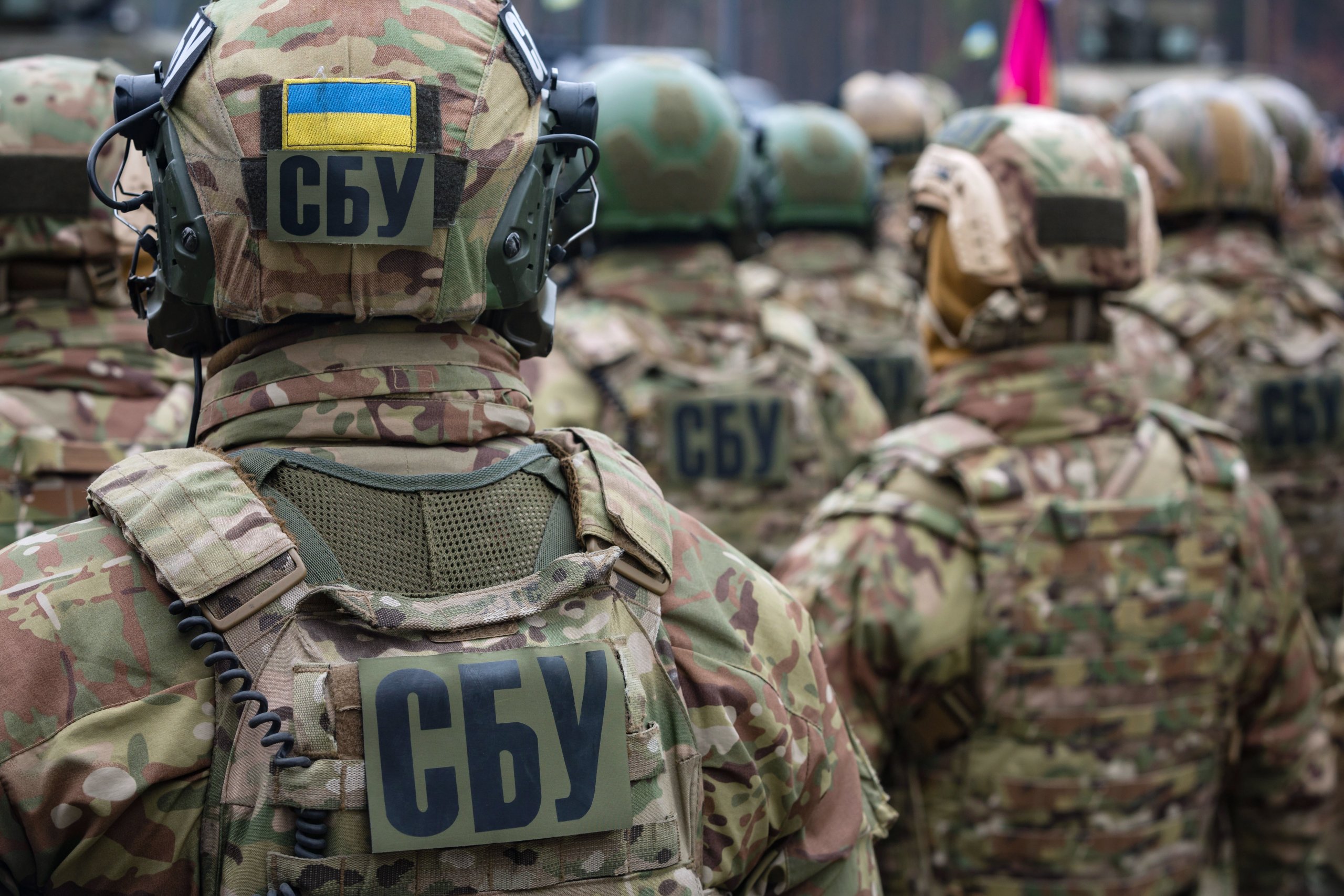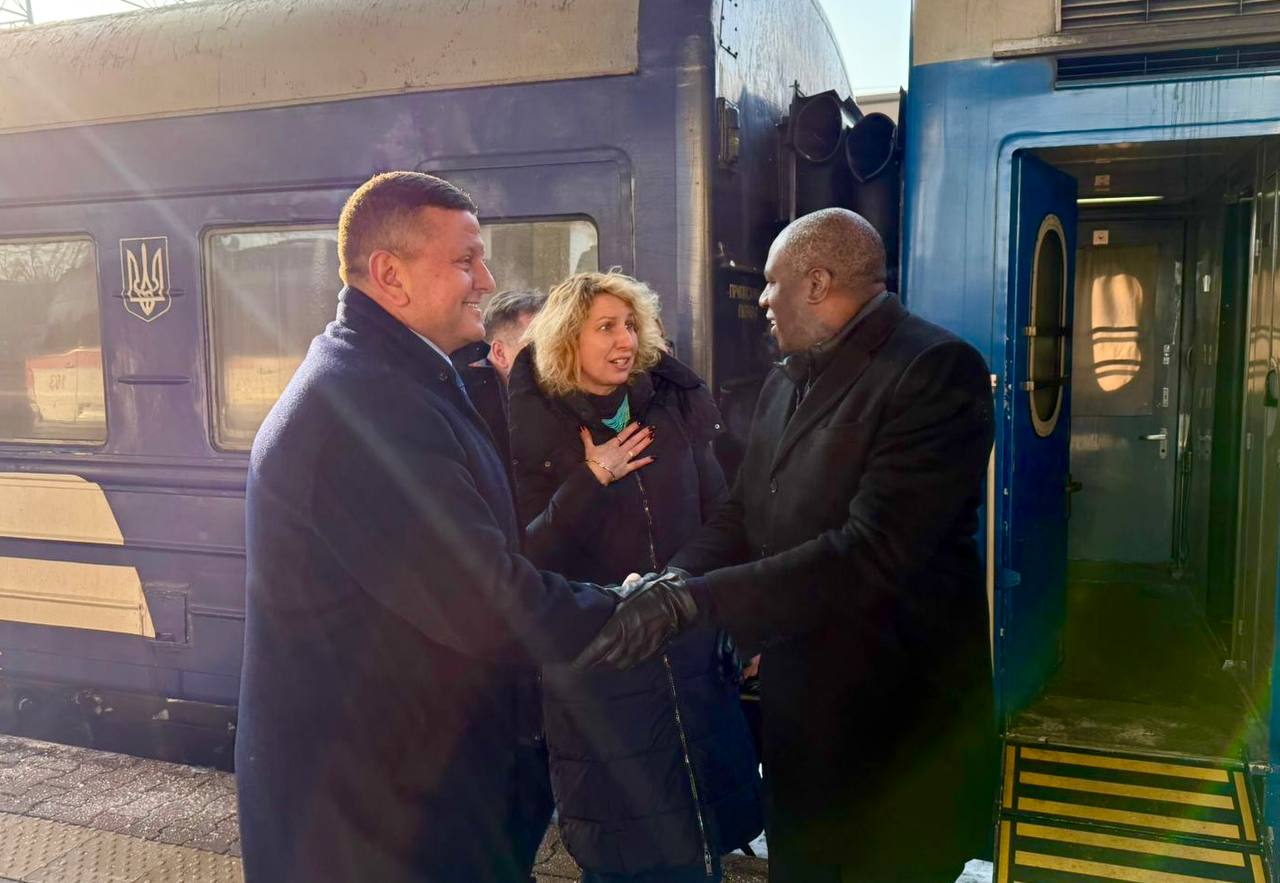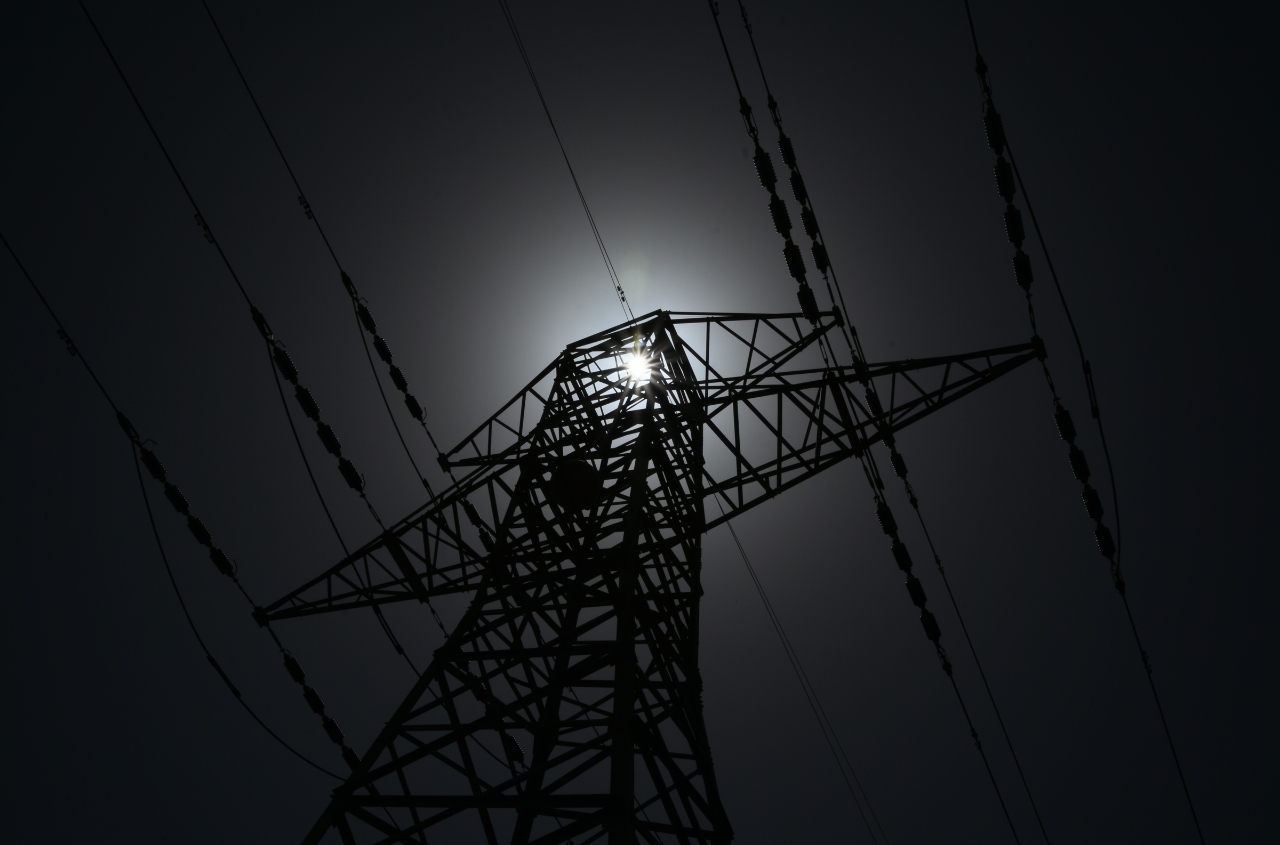Translation of the column by the Head of the Office of the President Andriy Yermak, published in the Spanish-language American publication El Nuevo Herald.
File photo. Cuban service members in green uniform, Villa Clara, Santa Clara, Cuba, April 30, 2012. (Photo: Spani Arnaud/Hemis via AFP)​
Recently, last year, Dannys Castillo, a 27-year-old Cuban, traveled to Russia after being offered a job in construction.
His family said Castillo was seeking to escape the stagnation that has affected the Caribbean island, with the economy suffering a double-digit decline as a result of government doctrines based on state monopoly of the economy and rigid centralized planning.
Castillo's mother, Marilin Vinent, said he accepted the job to support his family back home. So, she was surprised when photos of her son in a Russian military uniform appeared on social media. She says Castillo was deceived.
The false job offer was a carrot to lure him to Russia. In reality, her son had fallen victim to the close cooperation between the governments of Russia and Cuba. Last year, Cuban authorities announced they had arrested 17 people suspected of recruiting involuntary citizens to join their illegal war of aggression against Ukraine.
Prosecutor José Luis Reyes said the suspects were being investigated for recruiting mercenaries and could face the death penalty. However, confirmed reports from Cuba, including videos, show that some of these suspects have already been released, without charges and without trial.
The hundreds of Cuban troops sent to Ukraine, including confirmed reports of military officers and many with military backgrounds, are the direct result of the close collaboration that the Cuban government has provided to the shameful Russian invasion of Ukraine.
For example, we have witnessed this close collaboration between both governments at the United Nations. In February 2022, Cuba voted against the urgent need to discuss Russia's invasion of Ukraine in the Security Council.
In September 2022, Cuba voted against allowing President Volodymyr Zelensky to address the General Assembly via video conference. In October 2022, Cuba abstained from voting to condemn Russia's annexation of territories.
On September 14, 2023, Julio Antonio Garmendia Peña, Cuba's ambassador to Moscow, stated that Cuba did not oppose Cubans participating legally in Putin's so-called "special military operation." These documented actions, among others, have clearly indicated Moscow's bias in Cuba's government's invasion of Ukraine. No one familiar with the strict functioning of the Cuban police state would believe that hundreds of men could be transported to Russia without the regime's knowledge or involvement in such an enterprise. Especially when the testimonies of some of these young men who have gone to Russia from Cuba indicate that their recruitment and travel were supervised every step of the way from Cuba to Russia by military officials of the Cuban regime.
In March 2023, he signed a Memorandum of Understanding and Cooperation with General Nikolai Patrushev, Secretary of the Security Council of Russia, for military cooperation at the international and regional levels. The meeting between Raúl Castro and Patrushev focused on the "threats from the West" and cooperation to counter "color revolutions" in Cuba and Europe.
In February of this year, Patrushev returned to Cuba to assure Castro about Moscow's "commitment to strategic cooperation" between the two regimes. The news that Russia is secretly recruiting and trafficking citizens from one of its closest allies is the latest evidence that its disastrous invasion of Ukraine is not going well.
The Kremlin has forcibly recruited hundreds of thousands of Russians to bolster its depleted armed forces, obtained fighters from prisons in Russia and Africa, reactivated long-stored inactive military equipment, and committed countless war crimes against the Ukrainian people in a desperate attempt, if unsuccessful, to break their resolve.
Cubans, wherever they may be, may also recognize that the difficult situation of Ukrainians living under the yoke of Russian repression echoes the experience of a Cuban civil society brutally repressed by the Castro regime.
The communist regime in Cuba established a repressive system that punished virtually all forms of dissent. Thousands of Cubans were imprisoned in abysmal prisons, thousands more were harassed and intimidated, and entire generations were denied basic political freedoms.
Many of the repressive tactics used in Cuba—including surveillance, beatings, and arbitrary detentions—were imported from Soviet Russia and are widely used in Moscow today.
The death of Alexey Navalny in prison after several years of imprisonment, torture, and inhumane treatment simply for opposing Putin, once again demonstrates that Moscow has never changed its cruel methods.
Over the past 24 months, Russians have committed war crimes in Ukraine on a daily basis. They raped women, massacred men, kidnapped children, and bombed theaters and football stadiums while sheltering terrified civilians.
Andriy Yermak was appointed by Volodymyr Zelensky to serve as the Head of the Office of the President of Ukraine.




















